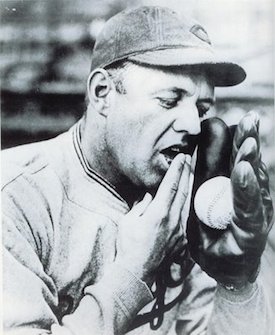
Get ready for a juicy pitch.
The Comcast-Time Warner merger game officially opens on Wednesday when the U.S. senate’s judiciary committee holds a hearing for no immediate purpose except to talk about it. Judging by a story in the Philadelphia Inquirer by Bob Fernandez, the debate will quickly drop into the snooze zone of economic jargon…
The hearing likely will be a forum for a word most people – cable customers or not – will find unfamiliar: monopsony. It is a market condition in which there is only one big buyer for services or goods.
In the context of a combined Comcast and Time Warner Cable, it describes how the giant cable-TV company would be the major purchaser of Hollywood entertainment because of its tens of millions of cable-TV subscribers, and thus could dictate economic terms to the programmers.
Monopsony is the flip side of monopoly, and it’s not just programming companies that could get squeezed. Being able to dictate price terms for itself would give Comcast a tremendous competitive advantage over the likes of AT&T, DirecTv and DISH.
Opposition to the deal includes consumer groups and Internet infrastructure companies, not the most natural of allies under normal circumstances, but now joining forces in a classic example of the enemy of my of my enemy is my friend.
But some are already taking the long walk back to the dugout. According to a Fierce Cable story by Jim Barthold, the American Cable Association, which represents the interests of the dwindling herd of small operators, doesn’t think it’s worth the effort to fight it, because approval is a foregone conclusion.
